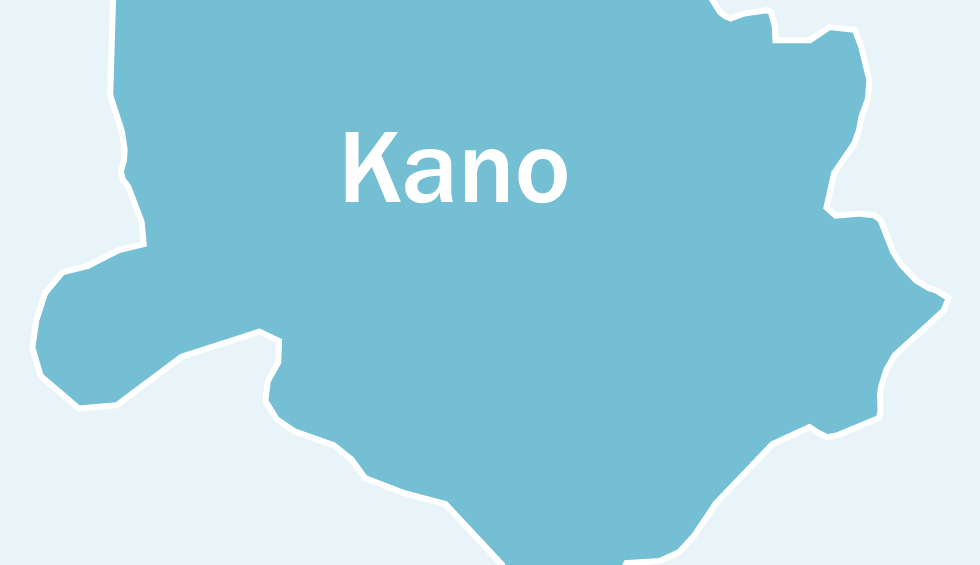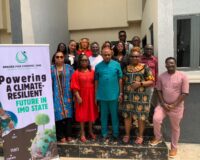For over two decades, a community in Kura Local Government Area, Kano State, has faced the challenges of living without electricity. Known for its agricultural output, including maize, rice, and vegetables, the area has seen limited economic growth due to the power shortage. Established in 2001 to resettle flood victims, the community has struggled with infrastructure issues, particularly the lack of reliable power.
Local farmers are hit hardest by the lack of electricity. Yahaya Abdullahi, a maize farmer, is forced to travel 25 kilometers to Kumbotso to grind his grain, costing him ₦16,000 per bag—nearly 30% of his profits. This high cost hinders his ability to reinvest in his farm and improve productivity.
Poultry farmers are also affected by the power shortage. Muhammad Adam spends ₦86,000 each month on fuel for his generator to maintain his farm operations. The lack of electricity also fuels security concerns, as recent thefts of birds from his farm have led to losses exceeding ₦115,000.
Onion farmers like Mansir Adamu face steep irrigation costs, spending up to ₦30,000 per farming cycle on gas-powered systems. Petrol-powered irrigation can cost even more, forcing many farmers into debt. The absence of electricity at Gundutse Market further compounds the issue, as perishable crops like onions spoil without proper storage facilities.
Despite efforts to address the issue, progress has been slow. In 2019-2020, the community raised ₦470,000 for electricity infrastructure, but the funds fell short. Appeals to KEDCO and the Rural Electrification Board (REA) have yet to yield results. However, REA Managing Director Sani Danbatta confirmed that the community is eligible for electrification, with solar power initiatives under consideration.
A solar-powered onion storage facility was introduced by the Kano State Agro-Pastoral Development Project in 2023 to reduce post-harvest losses. While beneficial, the facility serves only a small number of farmers, and its limited capacity fails to meet the needs of the entire community.
Residents remain hopeful that access to electricity will unlock their community’s agricultural and economic potential. Reliable power would enable farmers to irrigate their fields, process grain locally, and store produce without the long, costly trips they currently endure. As Abdullahi, a maize farmer, expressed: “We don’t need much, just electricity. Everything depends on power.”





